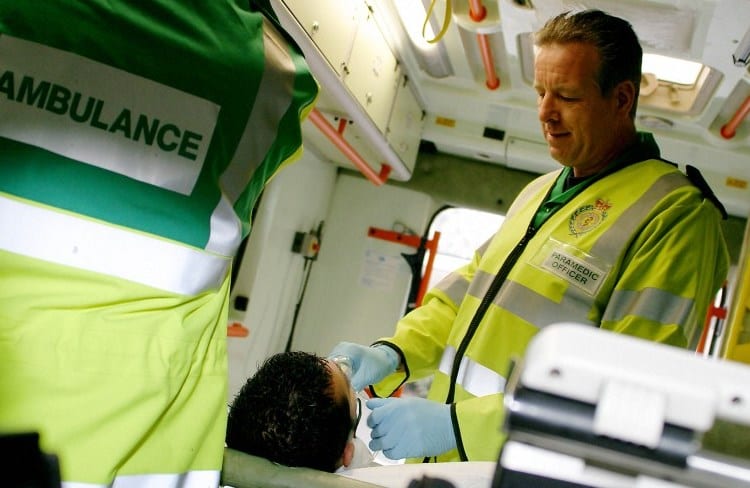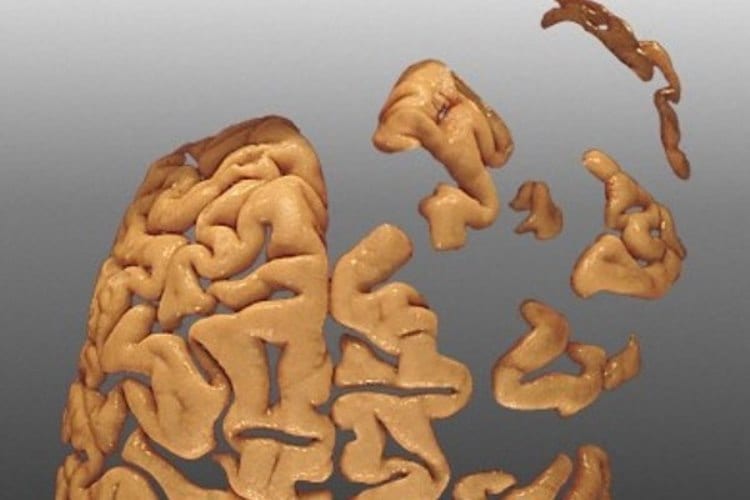CaHRU research on measuring quality presented at the Larrey Society’s Future of EMS Conference

Professor Niro Siriwardena recently presented on ‘Developing new ways of measuring the quality of emergency medical services’ on 21 January 2016 at the Larrey Society’s inaugural conference on the Future of EMS in London. The Larrey Society, the brainchild of Continue reading CaHRU research on measuring quality presented at the Larrey Society’s Future of EMS Conference



